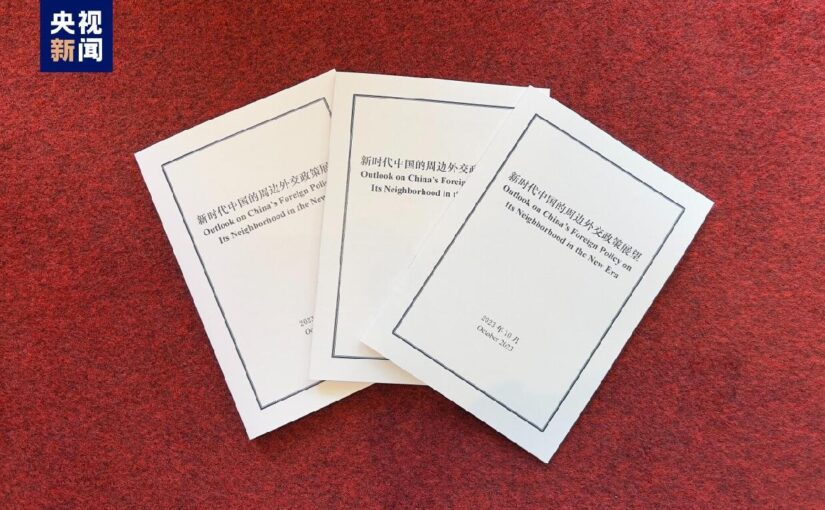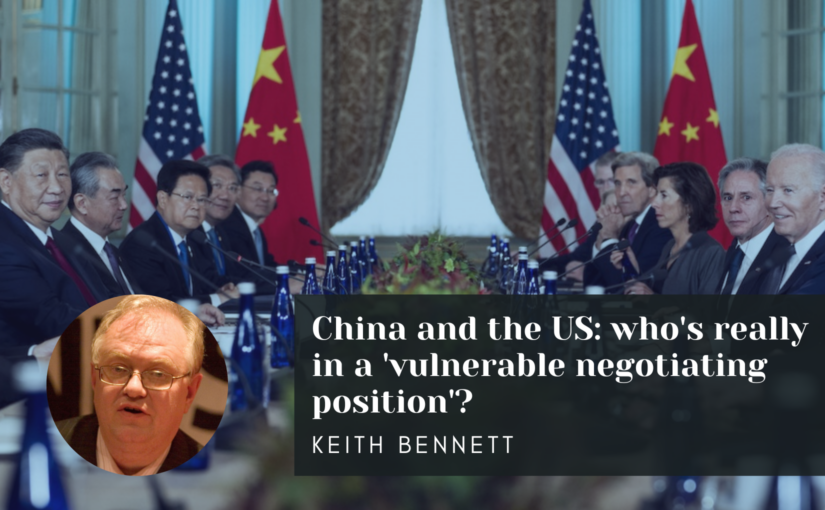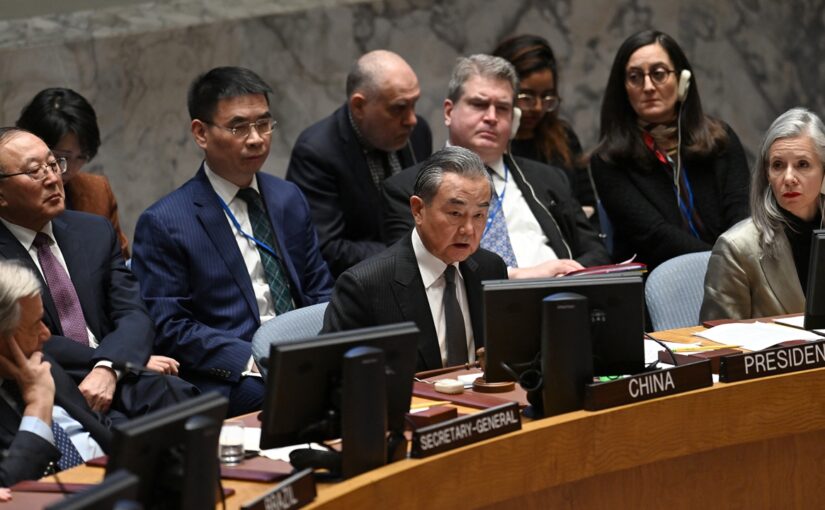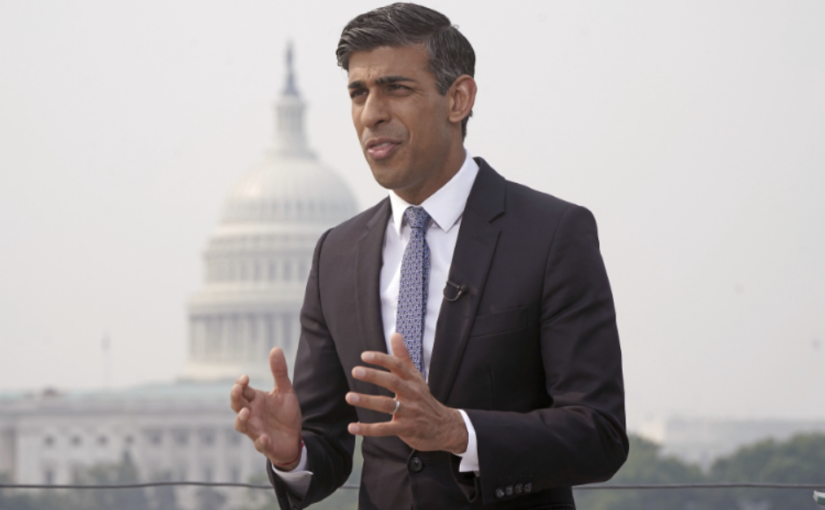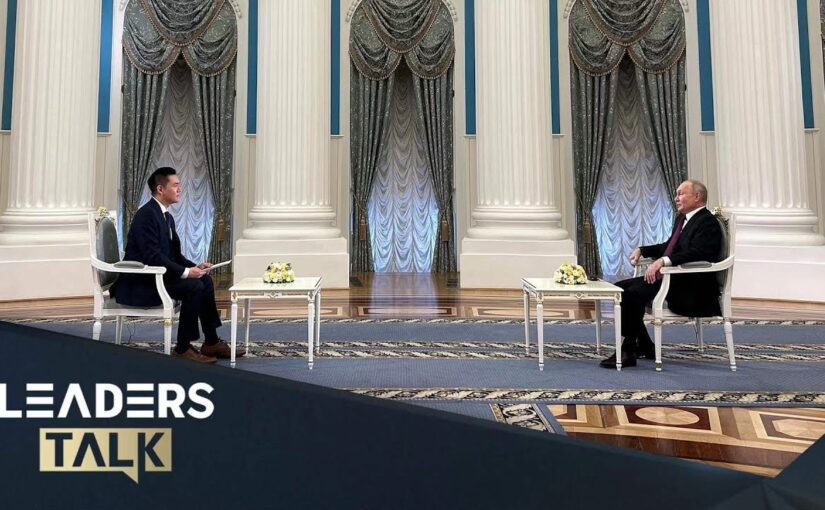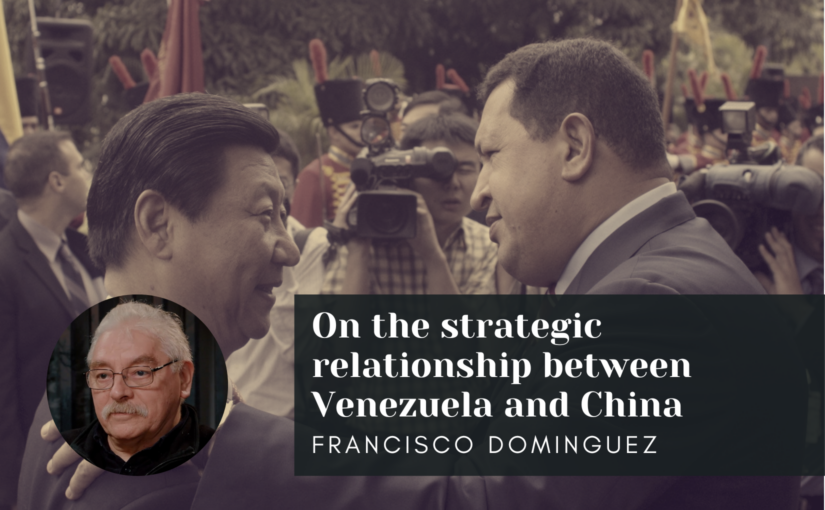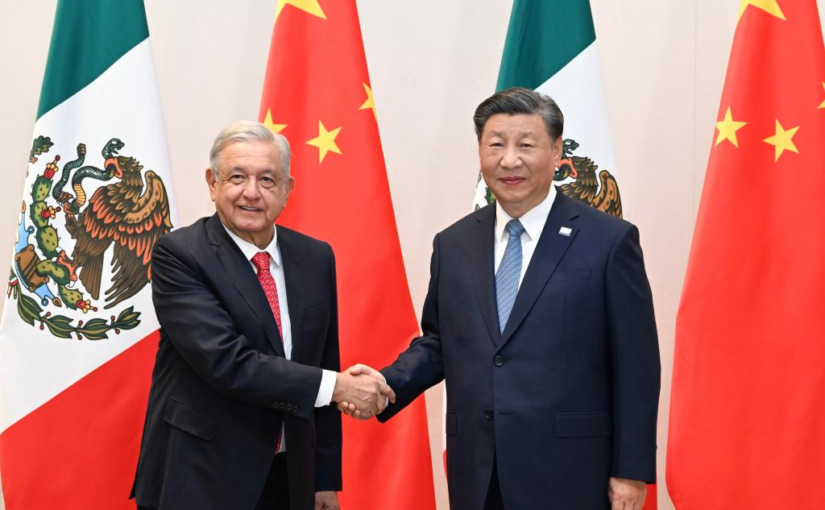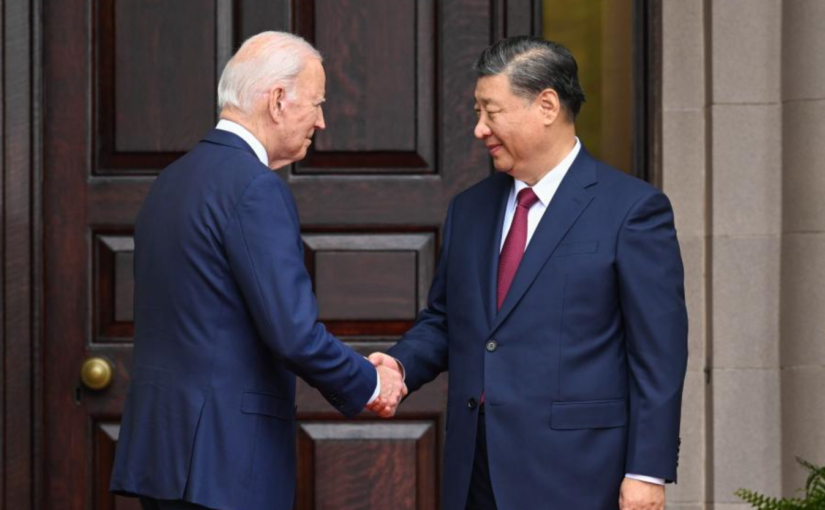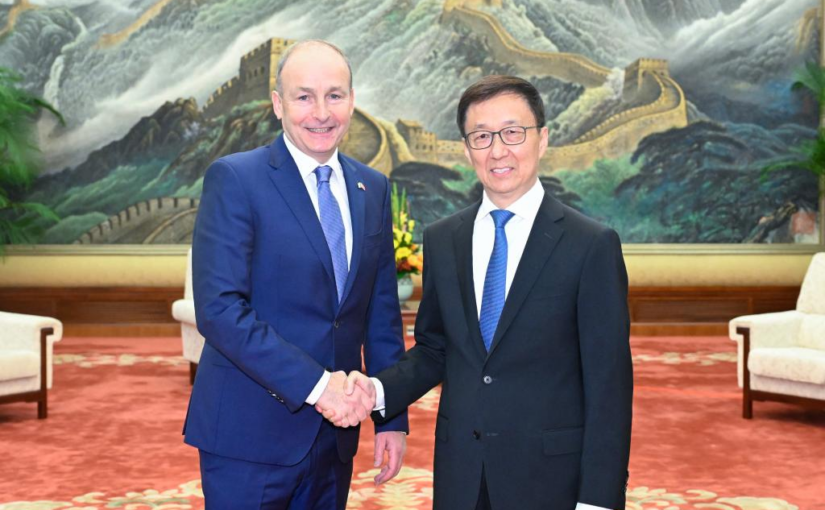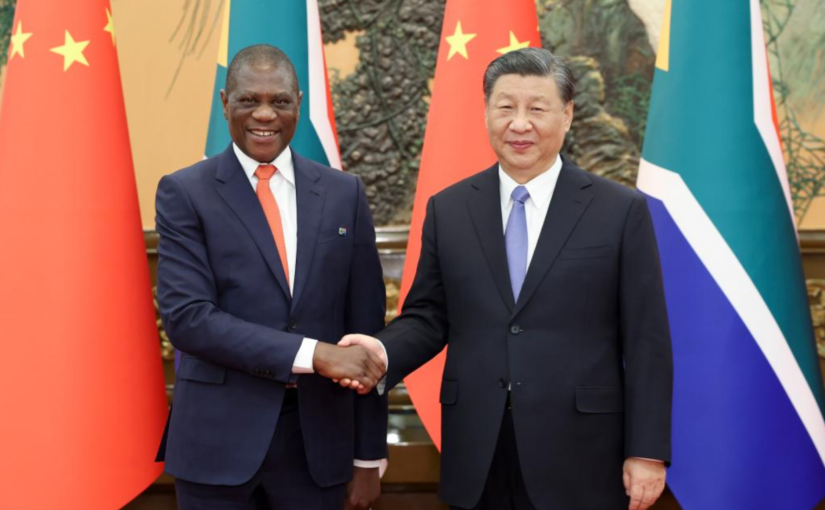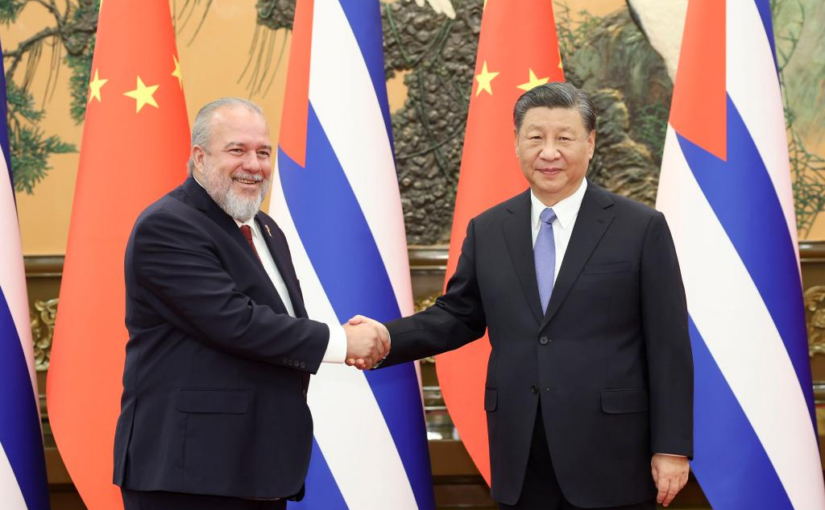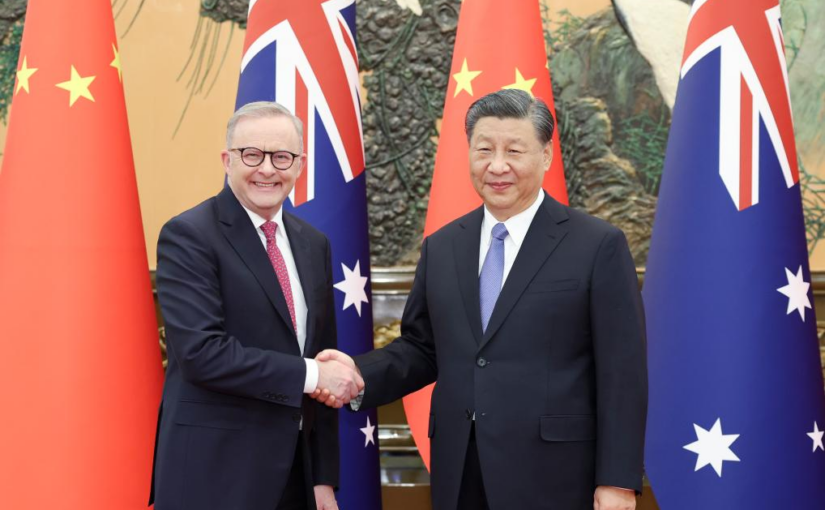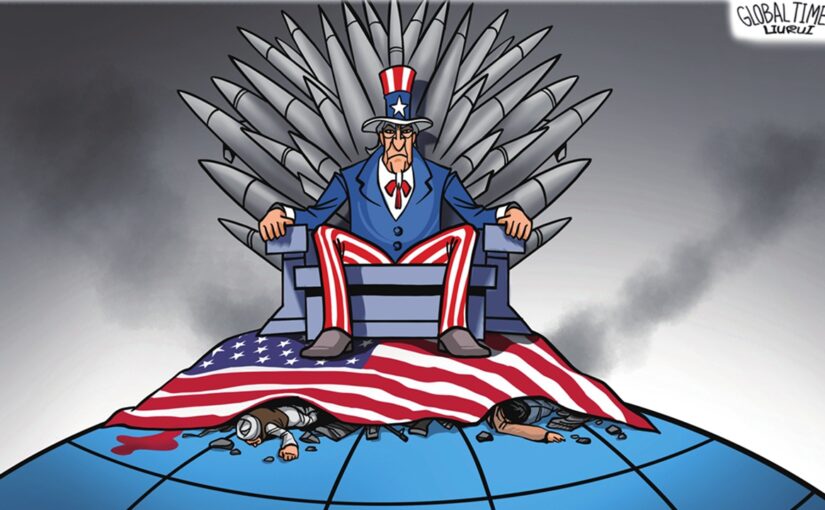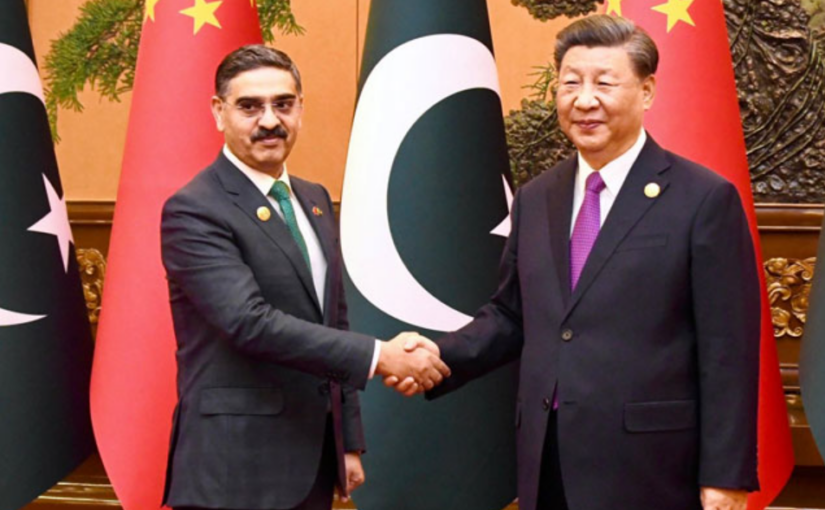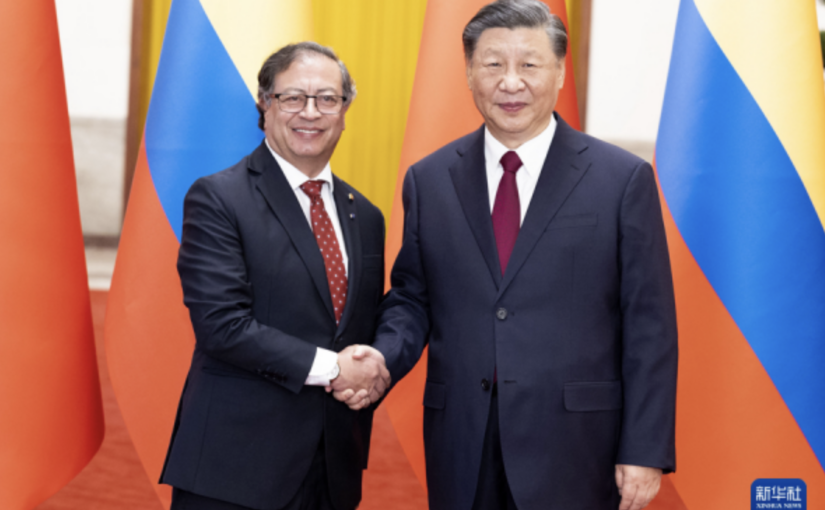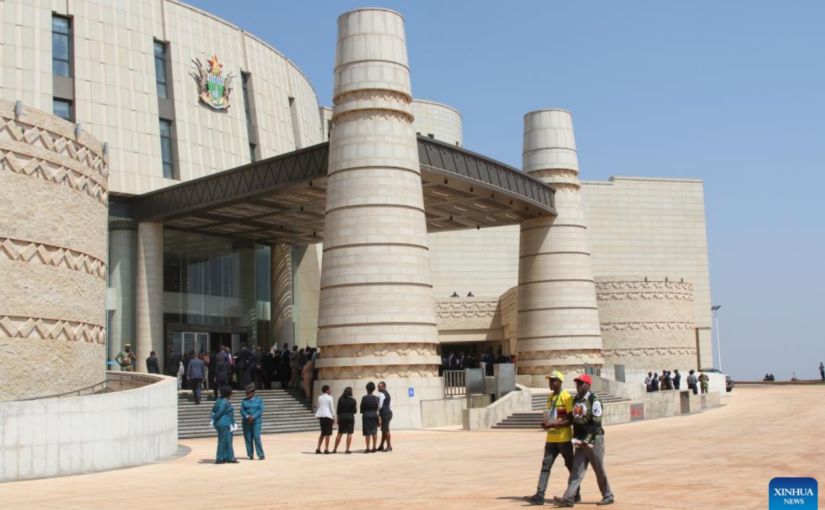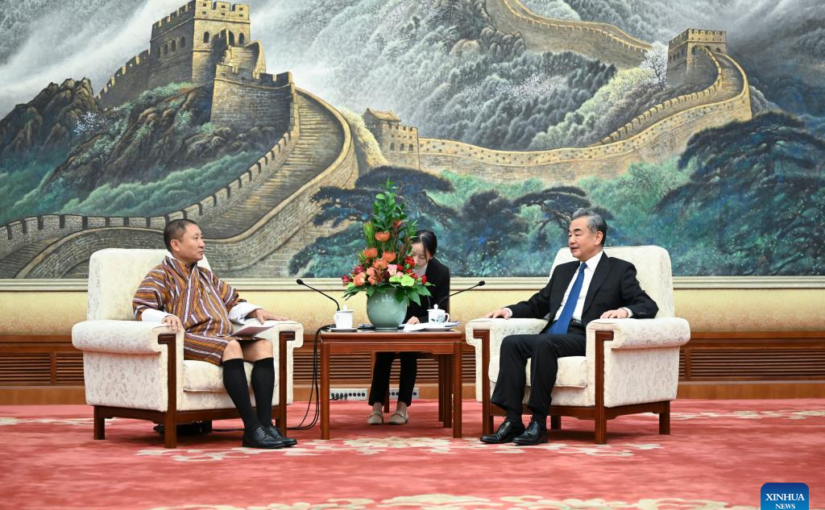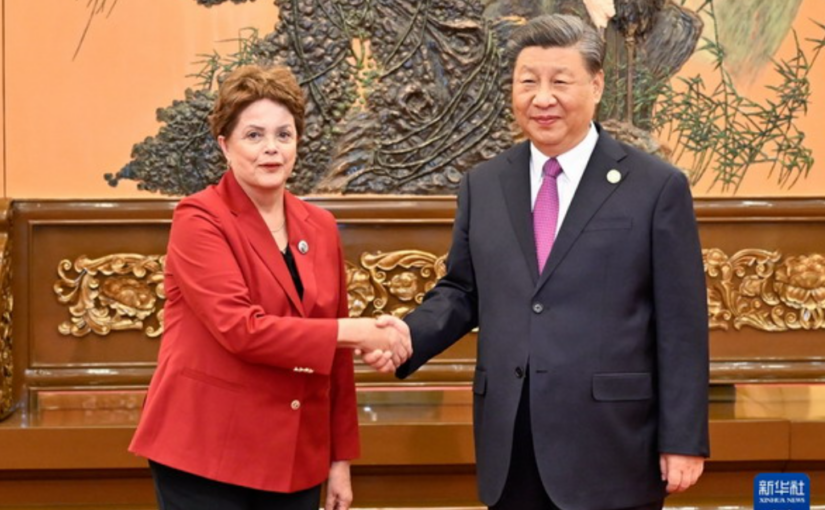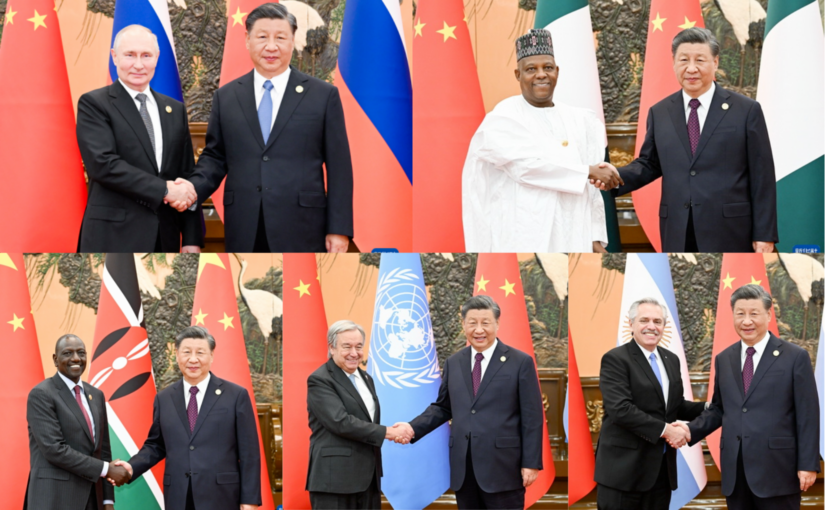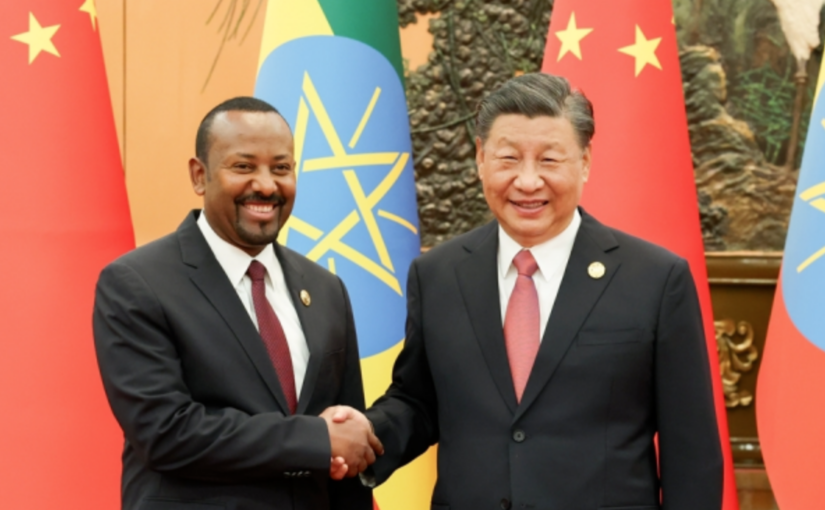On October 24, the Chinese government published an important policy paper on its foreign policy regarding neighbouring countries. Clearly, policy towards one’s neighbours forms a significant part of any country’s foreign policy, but recently China has been attaching ever greater significance to this and theorising it as a specific area of diplomacy in its own right.
The document is “based on the assessment and overview of the current situation and future trends in Asia, comprehensively outlines the achievements, policies, visions and objectives of China’s neighbourhood diplomacy, and declares China’s commitment to the path of peaceful development, to promoting development of the neighbourhood through its own development, to working with regional countries to advance modernisation, to jointly building a community with a shared future among neighbouring countries and to realising the vision of a peaceful, secure, prosperous, beautiful, amicable and harmonious Asia in the new era.”
It notes that Asia has doubled its share of the world economy, made the leap from a region of low income to one of middle income, and formed a momentum of cooperation, development and rapid rise, in a short span of 40 years. In recent years, it adds, Asia, as an important engine driving global economic recovery, has contributed more than 50 percent to global growth.
However, at the same time, “global governance is in dysfunction; Cold War mentality is resurfacing; unilateralism, protectionism and hegemonism run rampant; multiple risks in such fields as energy, food, finance, industrial and supply chains, and climate change are having greater impact on Asia.”
Hence:
“There are two opposite propositions and trends concerning the future of Asia. One advocates open regionalism, true multilateralism, a development-first approach, mutually beneficial cooperation, openness and inclusiveness, integrated development, and pursuit of common development in harmony. The other represents a relapse into the Cold War mentality and exclusive clubs, and attempts to draw lines based on values, politicise economic issues, divide the region into different security blocs, and stoke division and confrontation. Good principles keep abreast of the times. The right choice for Asia should be openness, solidarity, cooperation, justice and harmony rather than isolation, division, confrontation, hegemony and zero-sum approach.”
In terms of historical background, the paper recalls that China and fellow Asian countries jointly advanced the Five Principles of Peaceful Coexistence and have carried forward the Bandung Spirit of solidarity, friendship and cooperation, continously advancing good-neighbourliness and mutually beneficial cooperation.
In the present period, political mutual trust has been growing. Among the various examples it cites are that China has established diverse and substantive partnerships, cooperative relations and strategic relations of mutual benefit with 28 neighbouring countries as well as with ASEAN (the Association of South East Asian Nations). And the country has resolved historical boundary issues with 12 neighbours on land through negotiations and signed treaties of good-neighbourliness and friendly cooperation with nine neighbouring countries. Meanwhile, on the economic front, China is the largest trading partner of 18 neighbouring countries.
“The remarkable progress made in Asia is attributable to the joint efforts of China and neighbouring countries and needs to be cherished. China’s development would not be possible without a peaceful and stable neighbouring environment.”
In terms of the principles underlining its policy positions, the document reaffirms that China upholds equality between countries regardless of their size, promotes the unity and cooperation of the Global South, upholds the common interests of developing countries, and works to raise the representation and voice of emerging markets and developing countries in global affairs.
“China rejects the Cold War mentality, unilateralism, group politics and bloc confrontation. China attaches importance to the legitimate security concerns of all countries, upholds the principle of indivisible security, seeks to build a balanced, effective and sustainable security architecture, and follows a new path to security that features dialogue over confrontation, partnership over alliance, and win-win over zero-sum together with regional countries.”
It underlines the importance of common but differentiated responsibilities in the fight against climate change and for green development, stating:
“China stands ready to work with regional countries to pursue green development and a green growth model, drive economic growth with innovation, transform and upgrade economic, energy and industrial structures, and strike a fine balance between emission reduction and economic growth, in a bid to build an Asian home enjoying the concerted progress of economic growth and environmental progress.”
The document also deals with a wide range of other topics and policies connected to neighbourhood diplomacy. We reprint the full text below. It was originally published by the Xinhua News Agency.
Preface
China and its neighboring countries enjoy geographical proximity, cultural affinity and integrated interests with a shared future. The millennium-old friendly exchanges between the two sides are a vivid history of exchanges and mutual learning among civilizations. Such friendly bonds are best captured by the Chinese saying: “true friendship weathers the changing seasons without fading away and is made even stronger by hardships.”
The neighborhood is where China survives and thrives and the foundation of its development and prosperity. As a member of the Asian family and a responsible major country, China attaches great importance to neighborhood diplomacy, always prioritizes the neighborhood on its diplomatic agenda, and remains committed to promoting regional peace, stability, development and prosperity.
Outlook on China’s Foreign Policy on Its Neighborhood in the New Era, based on the assessment and overview of the current situation and future trends in Asia, comprehensively outlines the achievements, policies, visions and objectives of China’s neighborhood diplomacy, and declares China’s commitment to the path of peaceful development, to promoting development of the neighborhood through its own development, to working with regional countries to advance modernization, to jointly building a community with a shared future among neighboring countries and to realizing the vision of a peaceful, secure, prosperous, beautiful, amicable and harmonious Asia in the new era.
I. Asia Faces New Opportunities and Challenges
In the Report to the 20th National Congress of the Communist Party of China (CPC), Xi Jinping, General Secretary of the CPC Central Committee and Chinese President, pointed out that changes of our world, our times, and of historical significance are unfolding in ways like never before. The world has once again reached a crossroads in history. Asia, amidst the changes unseen in a century, stands at a new starting point towards development and revitalization and faces unprecedented opportunities and challenges.
Asia, with its vast land and abundant resources, is home to a large population with diverse cultures and development. It has remained generally stable in the past few decades. Regional countries have enjoyed growing political mutual trust and ever deepening cooperation and exchanges. As a result, Asia has doubled its share of the world economy, made the leap from a region of low income to one of middle income, and formed a momentum of cooperation, development and rapid rise in a short span of 40 years. In recent years, Asia, as an important engine driving global economic recovery and growth, has contributed more than 50 percent to global growth. Asia is the most dynamic region with the biggest development potential in the world and will remain a promising land for global development and prosperity.
Meanwhile, global governance is in dysfunction; Cold War mentality is resurfacing; unilateralism, protectionism and hegemonism run rampant; multiple risks in such fields as energy, food, finance, industrial and supply chains and climate change are having greater impact on Asia. Asia also faces challenges such as uneven economic growth, and pronounced security and governance issues. Some countries have intensified efforts to build regional military alliances; the Korean Peninsula issue remains complicated and intractable; Afghanistan faces numerous challenges in its reconstruction; terrorism, natural disasters and other non-traditional security threats persist.
There are two opposite propositions and trends concerning the future of Asia. One advocates open regionalism, true multilateralism, a development-first approach, mutually beneficial cooperation, openness and inclusiveness, integrated development, and pursuit of common development in harmony. The other represents a relapse into the Cold War mentality and exclusive clubs, and attempts to draw lines based on values, politicize economic issues, divide the region into different security blocs, and stoke division and confrontation.
Good principles keep abreast of the times. The right choice for Asia should be openness, solidarity, cooperation, justice and harmony rather than isolation, division, confrontation, hegemony and zero-sum approach. This not only hinges on the future prospects of countries in the region, but will also have a fundamental and far-reaching bearing on the future of Asia and the world. Building a community with a shared future for mankind is the sure path to a prosperous and better Asia and the world.
Continue reading China’s vision of jointly building a community with a shared future among neighbouring countries